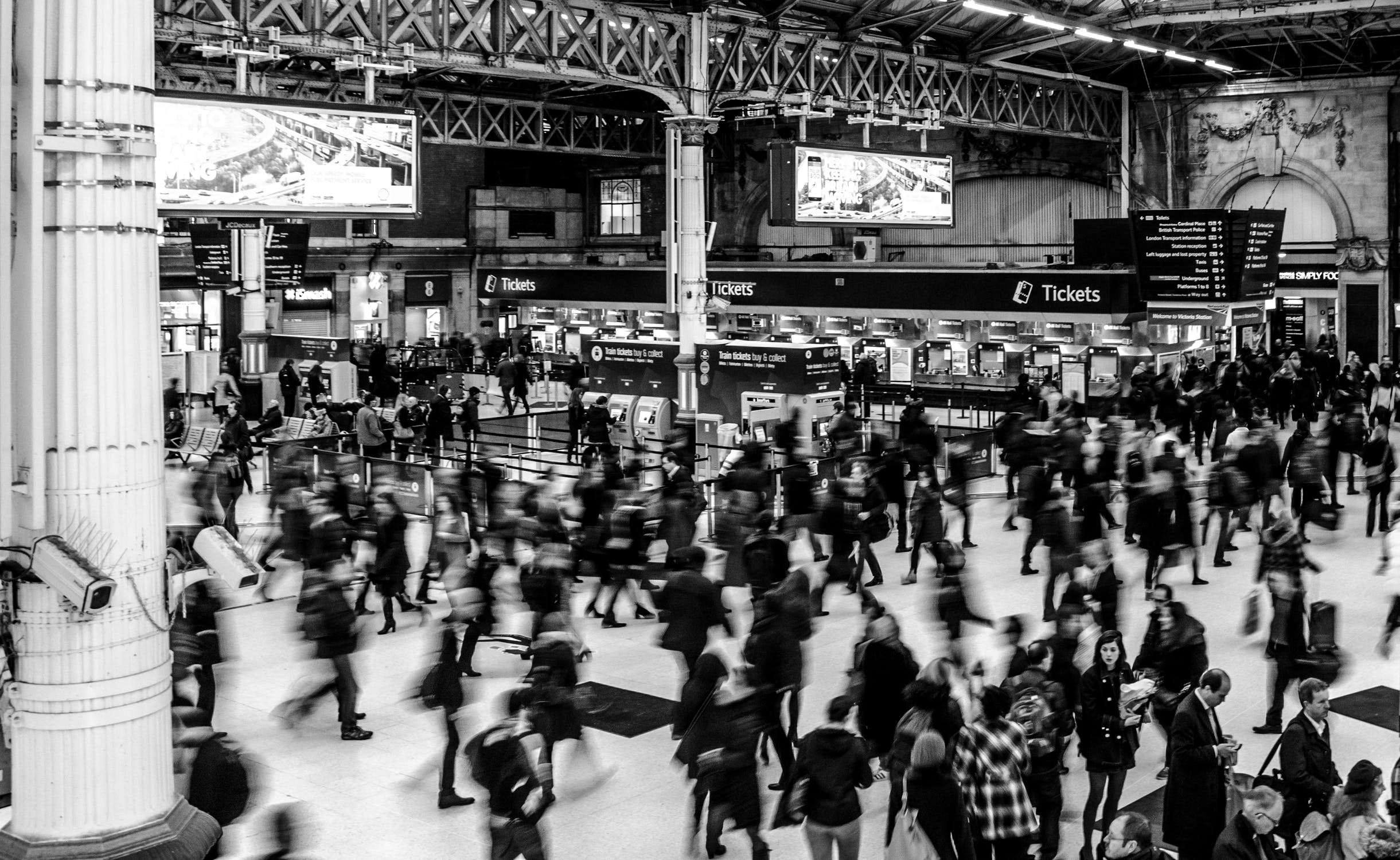
Social anxiety impacts almost 15 million American adults. Aside from specific social phobias, it is one of the most commonly diagnosed types of anxiety. But what exactly is it? And just how can cognitive behavioral therapy (CBT) help you keep your cool when faced with an anxiety-inducing social situation? Let’s take a deeper look at social anxiety disorder and how CBT can come in handy.
What is Social Anxiety?
At its core, social anxiety disorder revolves around the fear of being judged, rejected, or thought of in a negative manner while in some sort of social setting. The people who have social anxiety might be highly preoccupied with appearing to be anxious (for example, having excessive sweating) or being seen as not intelligent or awkward. This might cause them to avoid certain social situations or socialization altogether.
When symptoms hit, they often hit hard. People might experience an elevated heart rate, excessive sweating, nausea, vomiting, and even full-blown anxiety attacks. People with social anxiety know that their fears are irrational but often feel powerless to control them.
You might read this and wonder, “What is social anxiety like?” To give you a better idea, just read through this list of associated symptoms:
So, what could possibly cause someone to experience social anxiety? There are multiple potential factors. There is evidence to suggest that this disorder can be genetic. Also, someone who was behind on social skills as a child and never caught up as they got older might experience social anxiety. Environmental and stress factors might also play into who has social anxiety and why they have it. Of course, researchers still have a lot of work yet to do on this front.
What is Cognitive Behavioral Therapy?
Social anxiety is a complex condition that takes time to work with, and it is hard to do it alone. There are numerous therapies for all types of anxiety. CBT, as it has shown over the past few decades, can be an effective form of treatment. This form of psychotherapy guides you through changing the negative or unhelpful thoughts and actions you experience into more realistic and helpful ones.
CBT therapists spend their educations and careers understanding what is social anxiety like and how they can help treat it. A CBT therapist will go over your history with you, but the focus in CBT is on changing the thoughts that occur in the here-and-now. One of the terms often used in CBT therapy is “mindfulness”. Learning to be mindful of your thoughts and actions revolves around analyzing the negative ones that have been holding you back and replacing them with thoughts that will help you persist in life.

What is CBT for Social Anxiety Like?
CBT for social anxiety involves building your own toolbox of coping skills. Yes, this means that you can learn how to cast aside those fearful thoughts that have dominated your life for so long and become more socially engaged. CBT for those with social anxiety and co-occurring mental health conditions is essentially all about changing perceptions.

What are your “hot thoughts” (your self-talk, mental images, and ideas that upset you)? Learning how to identify those is the first step in cognitive restructuring. Cognitive restructuring can happen before or even during a situation that is upsetting, and it can help you learn from your experience. Additionally, you will learn tactics for practicing mindfulness, engage in exposures to triggers for your social anxiety, learn to express assertiveness, build and utilize problem-solving skills, and check, challenge, and change your attitudes while in social anxiety episodes.
By the time you complete your CBT sessions, you will have a better framework for how to handle difficult social situations. Those who have previously self-medicated as a way to deal with social anxiety will be less likely to relapse if they complete CBT, so there is hope for getting better.
CBT can be part of other types of therapy as well, working in tandem to treat your social anxiety symptoms. For example, you might find that it is beneficial to engage in Family Therapy if there are issues you would like to address and resolve with your relatives. You might also be prescribed medication to help ease some of your symptoms. You might even benefit from having a support animal at your side.
CBT for Social Anxiety and Addiction
Anxiety and addiction tend to cross paths. As we already mentioned, those with social anxiety might try to self-medicate before seeking professional treatment. Those who are typically at risk for developing an addiction often have a comorbidity such as any type of anxiety. Self-medication can worsen a person’s social anxiety, but CBT can help reverse that.
Those who undergo CBT for addiction and social anxiety have experienced a lot of changes in their lives, many having seen an improvement in their quality of life. A CBT therapist can help manage the thought processes that go into both social anxiety and addiction, seeing as how these two things can be so intertwined.
Getting professional help for your social anxiety is nothing to be ashamed of and is not as scary as it might seem. At Mission Harbor Behavioral Health, you get access to compassionate and highly-trained CBT therapists. CBT has helped many people work through their social anxiety issues, and it can assist you too. It takes time and effort, but you can regain control over your thoughts and attitudes with the help of a caring CBT therapist.
The facilities at Mission Harbor are staffed with trained experts to best assist patients with their mental health issues. We are capable of dealing with any and all cases with a licensed staff, equipment, and approved techniques. Our mission is to help those who want to help themselves, and we support your decision in seeking help.
Get Help Now
Alcohol addiction is extremely difficult to overcome on your own.. Seek specialized help and let professionals guide you in your recovery.

